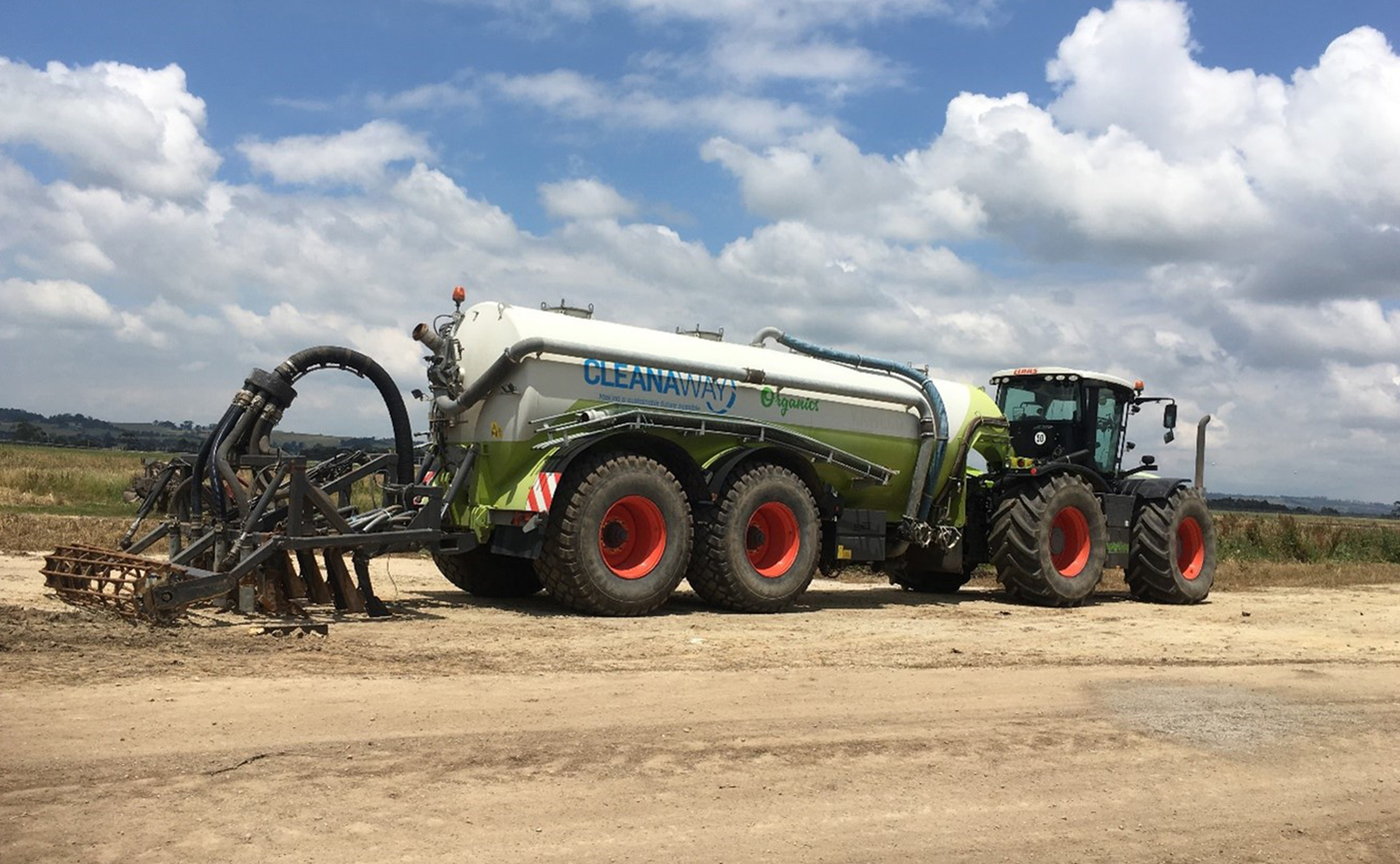Project: Application of liquid biosolids
Project Leader: Dr Aravind Surapaneni, South East Water
Using nutrient-rich organic waste materials including biosolids (sewage sludge) could be an economically viable option to mitigate the rising costs of fertilisers. Using waste in this way also addresses the need for more efficient, economic, and environmentally sound disposal options for biosolids.
Australian farmers experience soil constraints both at the surface and subsurface which affects the ability of crops to absorb water and essential nutrients.
This project is exploring the use of biosolids to improve the soil with a focus on nutrient addition. It has been examining the environmental and agronomic effects of sewage sludge application taken from wastewater lagoons, through direct subsoil injection.
The main trial site for this project is at South East Water’s wastewater treatment plants at Longwarry – 80 kilometres southeast of Melbourne. Around 20 hectares at the site are under dry land farming, with no history of biosolids application.
The project is working to identify and quantify any potential on and off-site environmental risks and impacts as well as potential contaminant and emission sources, pathways and endpoints – the fate of known contaminants. In doing this, the project is generating scientific knowledge and understanding on biophysical and chemical processes associated with soil injection. There is a particular focus on the injection of T3 grade biosolids under conditions endemic to the study area.
Having a trial site within the treatment plant is important because it enables reduced management and transportation costs of the biosolids while maintaining their nutrient value.
Progress so far:
- The biosolids’ treatment grade was verified before the liquid injection took place. There was a specific focus on the assessment of treatment and contaminant grades.
- The conditions of soil and groundwater conditions were determined and evaluated with the help of external contractors.
- Soil injection of liquid biosolids were carried out with the help of Cleanaway Waste Management Limited, after evaluating the soil and groundwater conditions.
- A summer sorghum crop was planted after soil injection of liquid biosolids and a winter maize crop was planted after harvesting the sorghum crop.
- The soil, groundwater and crop productivity were monitored quarterly throughout the study and reported during the course of the project.
- A field day was conducted during the harvest of summer sorghum crop which was well received by farmers, water agencies, government personnel and university researchers.
Future work:
Monitoring of the soil and groundwater is continuing post-harvest and will soon be published. The findings to date are encouraging and hence, it is proposed to apply similar treatments for a newly accepted Soil CRC project led by the University of Newcastle, on organic amendments.
This new Soil CRC project will look at the value of organic amendments in unlocking soil nutrients and improving nutrient use efficiency. South East Water is supporting the project with cash contributions and is aiming to improve the use of biosolids as an effective organic amendment for efficient nutrient use in soils.

